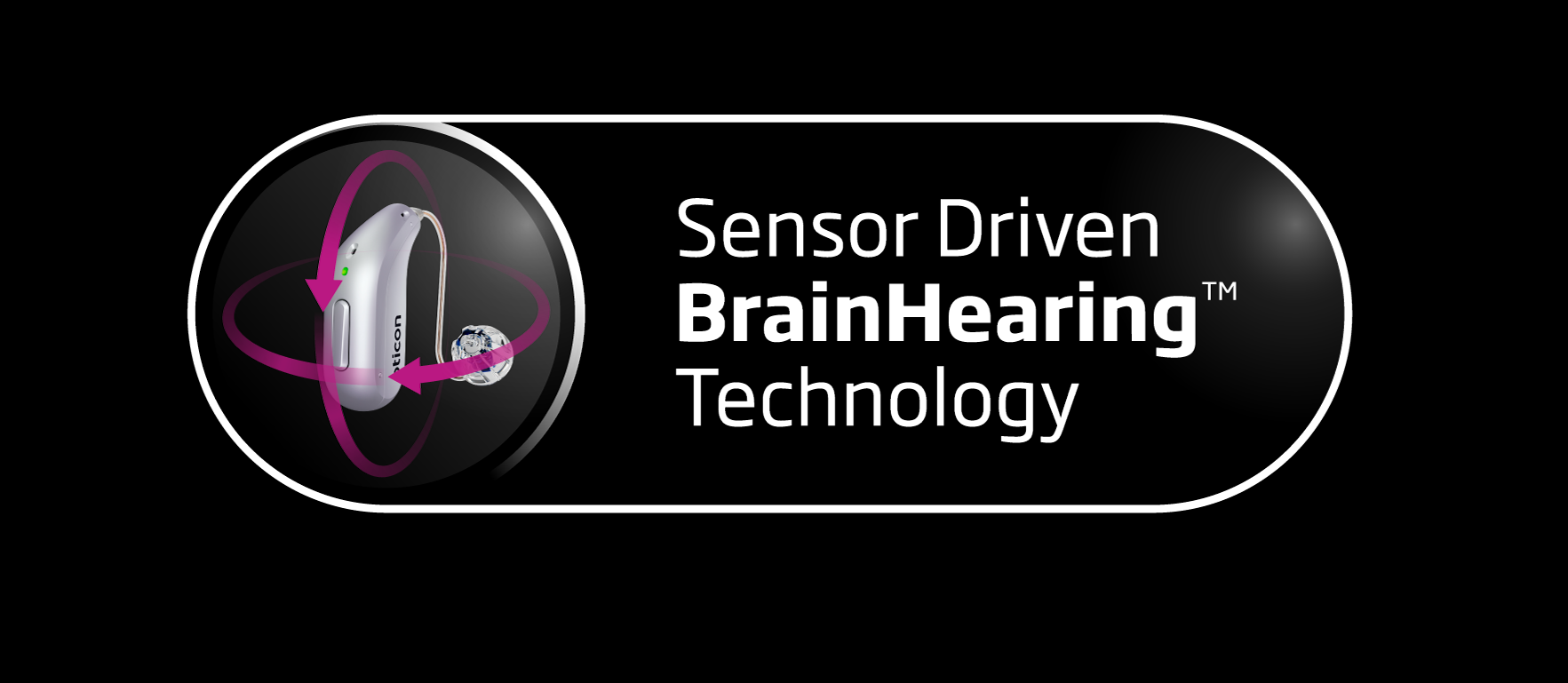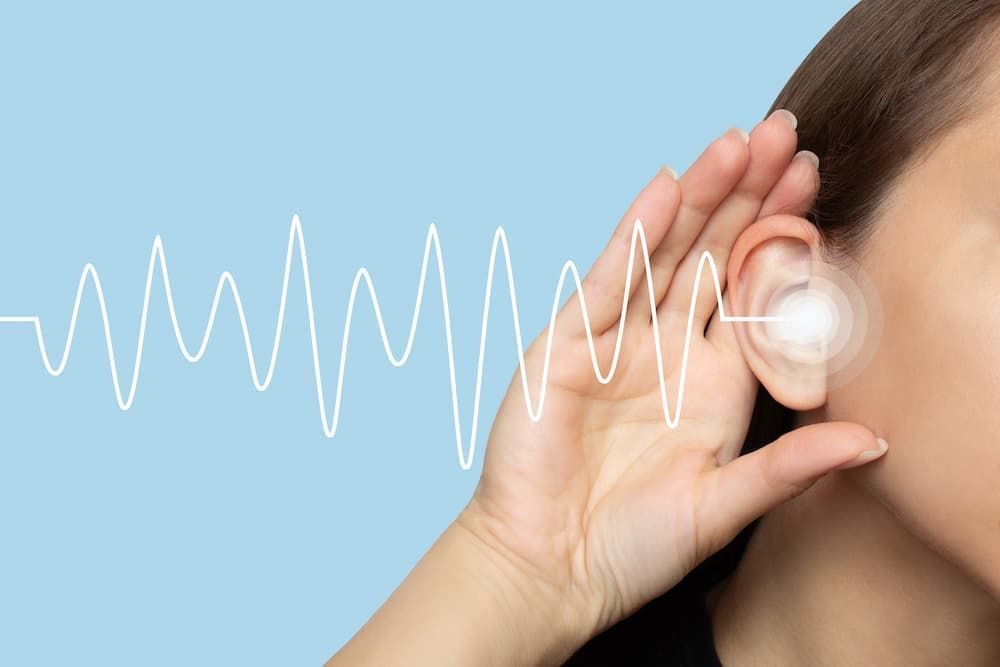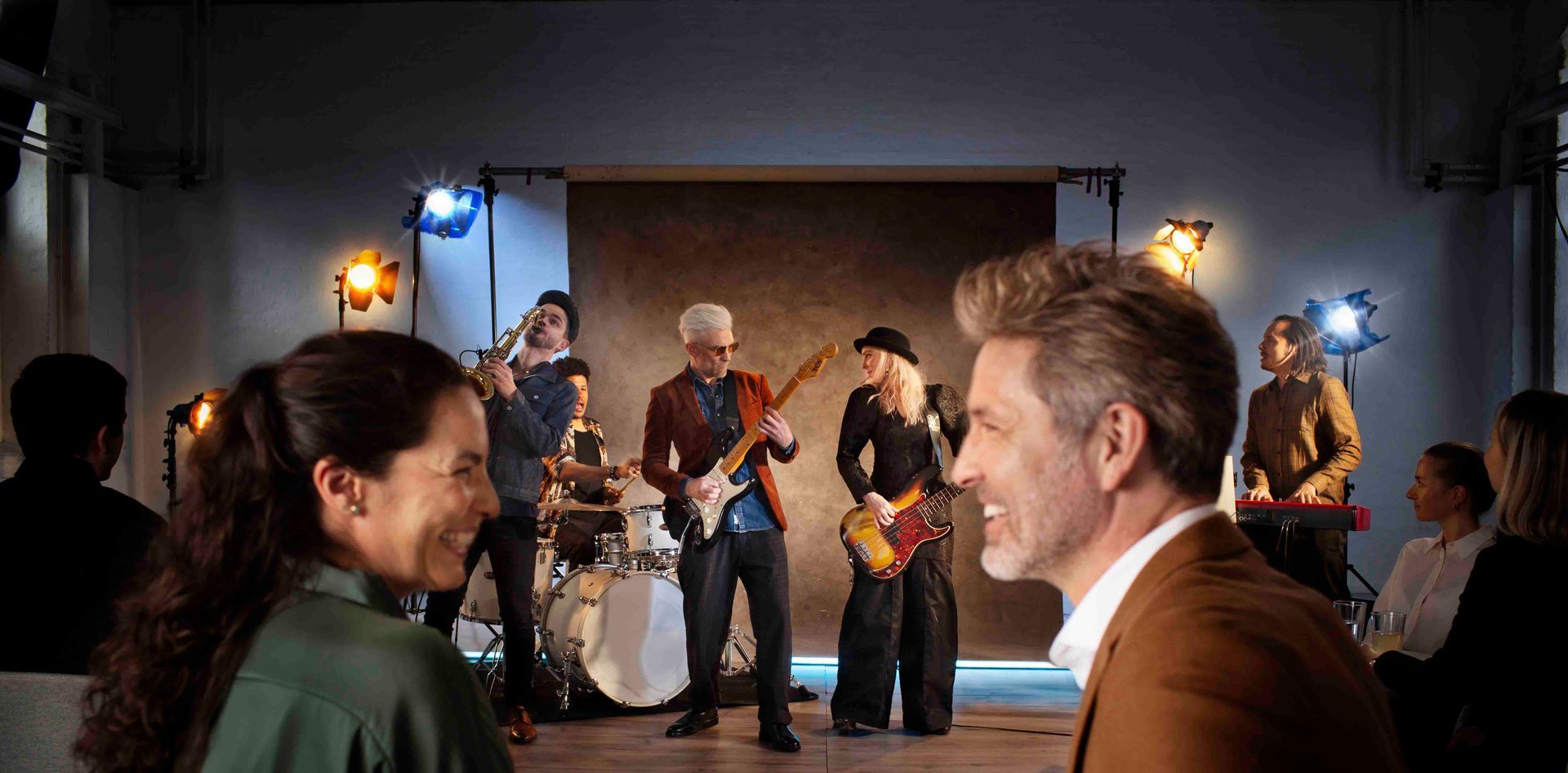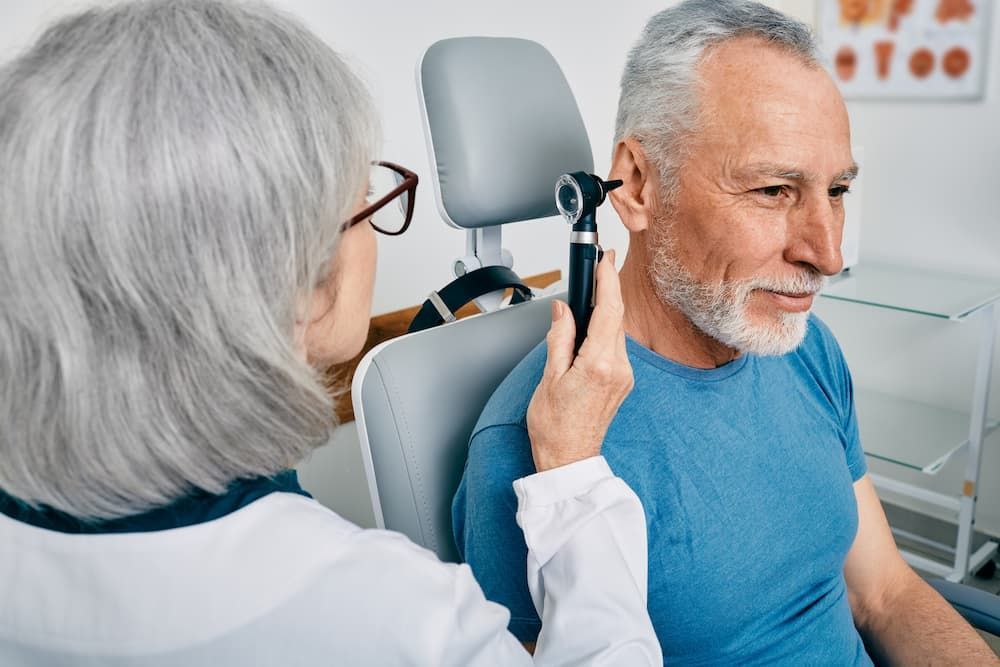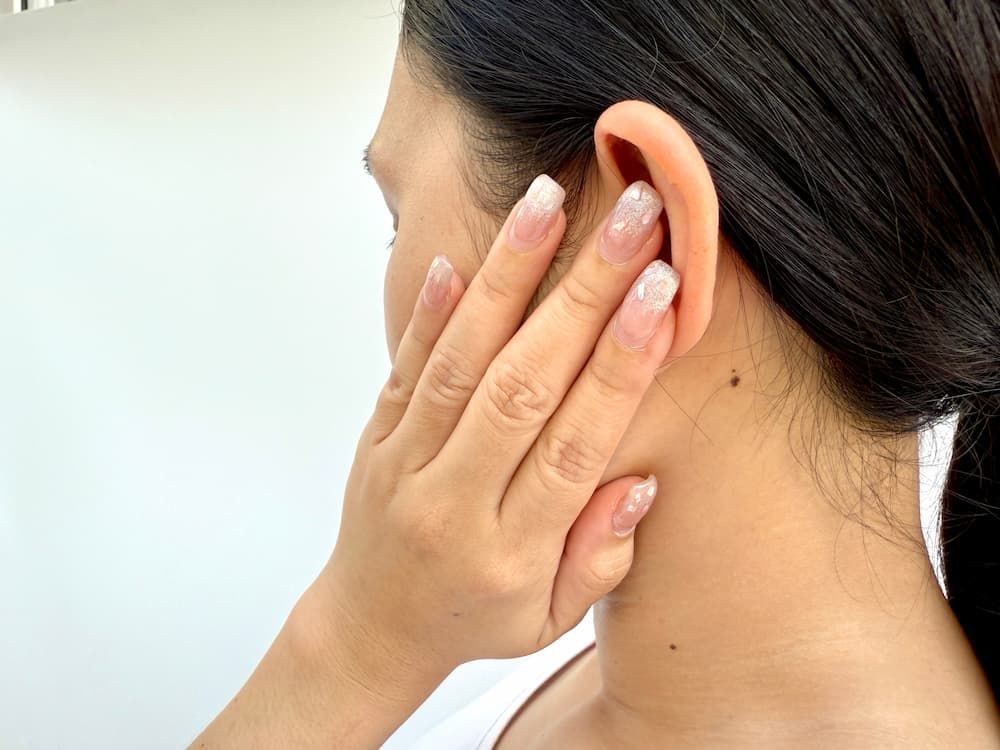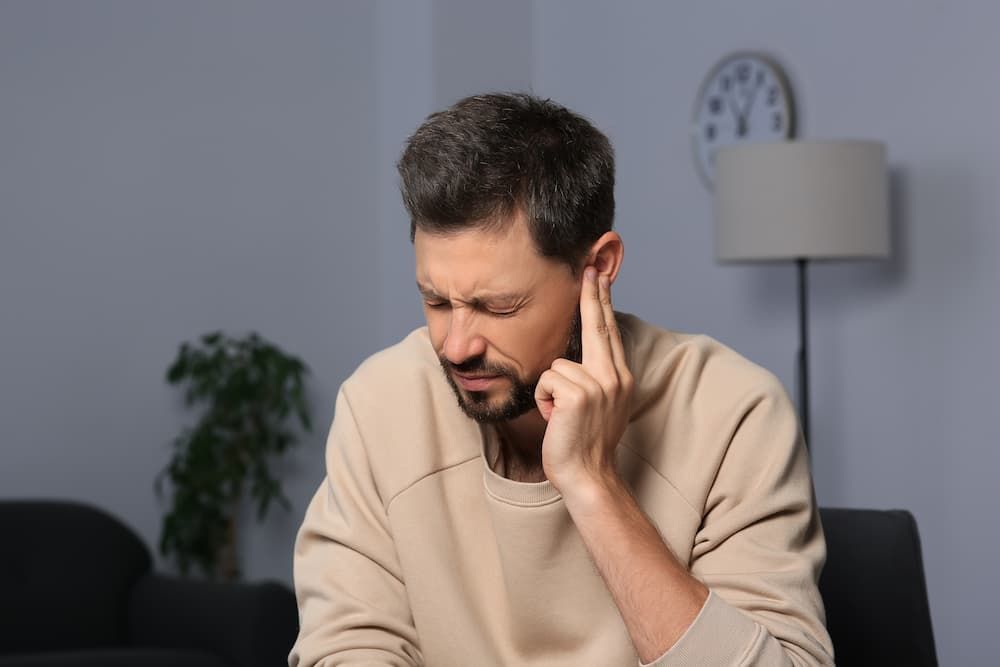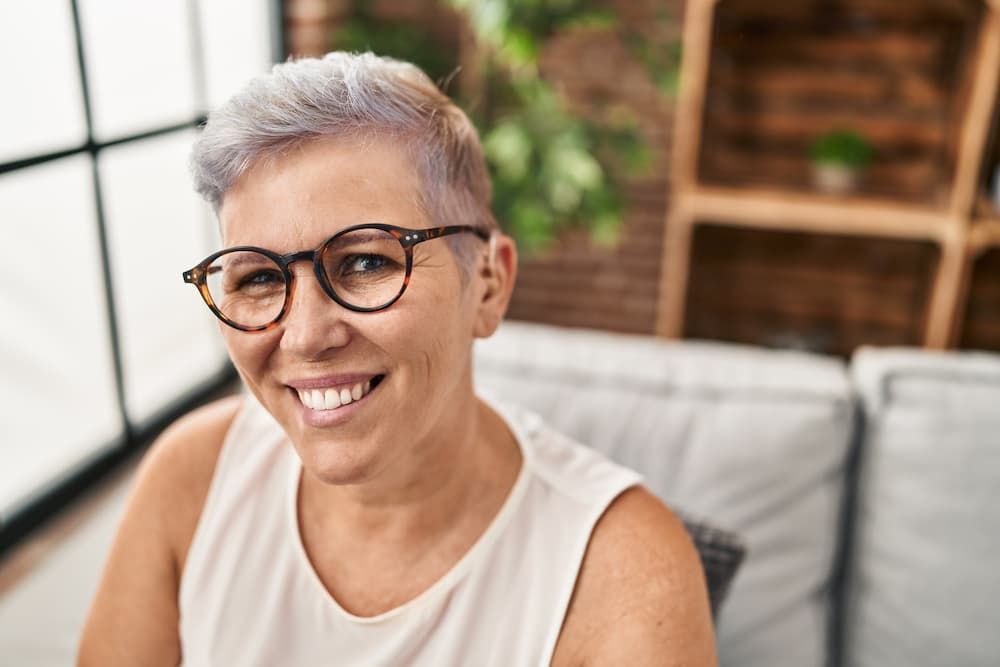Can Sound be Perceived Differently Between Younger and Older People?

Can Sound be Perceived Differently Between Younger and Older People?
Aging is inevitable and every individual has to face its natural consequences, which includes hearing loss. As we age our auditory perception gets weaker but, the good news is - besides being lucky to have lived for more than 65 years or more - there is help available to address your concerns about hearing.
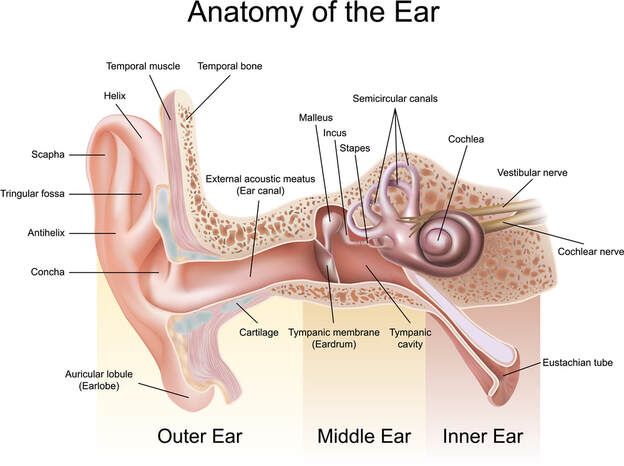 Role of your ears
Role of your ears
Your ears help you with hearing and maintaining balance. When sound waves reach your eardrum, the vibrations are changed into nerve signals in the inner ear and are carried to the brain by the auditory nerve.
Your inner ears also control your balance, which is also often called as the equilibrium. Fluid and small hair-like cells in the inner ear stimulate the auditory nerve, which in turn help your body to stay in equilibrium.
As you age, structures inside the ear begin to change, and their functions decline. Your ability to pick up sounds decreases. You may also have problems maintaining your balance as you sit, stand, and walk.
Aging affects your five main senses
You receive information from your environment through your senses. This information can be in the form of sound, light, smells, tastes, and touch. Sensory information is converted into nerve signals that are carried to the brain. There, the signals are turned into meaningful sensations.
As you age, the way your senses (hearing, vision, taste, smell, touch) give you information about the world changes. Your senses become less sharp, and this can make it harder for you to notice details. Sensory changes lead to isolation because with age you may have problems communicating, enjoying activities, and staying involved with people.
A certain amount of stimulation is required before you become aware of a sensation. This minimum level of sensation is called the threshold. Aging raises this threshold; you need more stimulation to be aware of the sensation.
Hearing and vision are the two senses most affected with age. Using glasses and hearing aids, or lifestyle changes can improve your ability to hear and see.
Aging affects adaptation to different sound levels
Recent studies show that the ability of your brain to adapt to sound declines as we age. This may help explain why older people can have problems hearing in certain situations.
Neuroscientists at Western University in Canada* found that aging affects adaptation to sound-level in the human auditory cortex. They found that our brains become more sensitive to sounds as we age. This may lead to hearing challenges over a lifetime.
Interestingly, when the scientists examined the response of the auditory cortex to different sounds of groups of young and old people they responded differently to soft and loud sounds. The main conclusion was that older individuals do not adapt as well to their sound environment.
 Older people are more "over-sensitive" to sounds
Older people are more "over-sensitive" to sounds
Imagine a young and an old individual attending the same rock concert.
Based on the finding of the above study, the young person’s brain would become less sensitive to relatively quiet sounds. This allows the listener to hear the relevant sounds (like a guitar riff) better without being distracted by those irrelevant sounds.
However, the older listener is over-sensitive to each sound, hearing both quiet and loud sounds all at once. The person cannot ignore or tune out irrelevant auditory information. Without the ability to reduce sensitivity to irrelevant sounds, the individual experiences hearing challenges.
One of the fundamental properties of the auditory system is to be able to adjust very quickly to any environment a person goes into. If you cannot do that anymore, it becomes overwhelming. So the experience is unpleasant and the older person is surrounded by annoying sounds.
This is the reason why older people would prefer quieter places and avoid a loud restaurant, or a busy festival, simply because it is very distracting.
Presbycusis (age-related hearing loss)
Age-related hearing loss is called presbycusis . If you are having trouble hearing, discuss your symptoms with your audiologist. One way to manage hearing loss is by getting fitted with hearing aids. Even though presbycusis is a natural progression, it is not identical to everyone. Factors like genetics, environmental exposures, and general health may affect the extent of it. At present there are no preventative measures known other than hearing protection (which we offer at our clinic).
Tinnitus is another common problem in older adults and as your audiologist, we at Tinnitus & Hearing Center of Arizona are here to help you. We're a Phoenix audiologist that has a wealth of experience with hearing loss, hearing testing, and tinnitus treatment. In fact, Dr. Rohe is one of the leading tinnitus experts in the US, and has developed his own method of tinnitus treatment, aptly named " The Rohe Method ® ."
Questions? Feel free to give us a call at (480) 831-6159.
The information provided in this article is not meant to be medical advice and is for educational purposes only. If you would like to learn more about this and other hearing-related topics, feel free to contact Tinnitus & Hearing Center of Arizona by clicking here or by calling 480-831-6159 .
